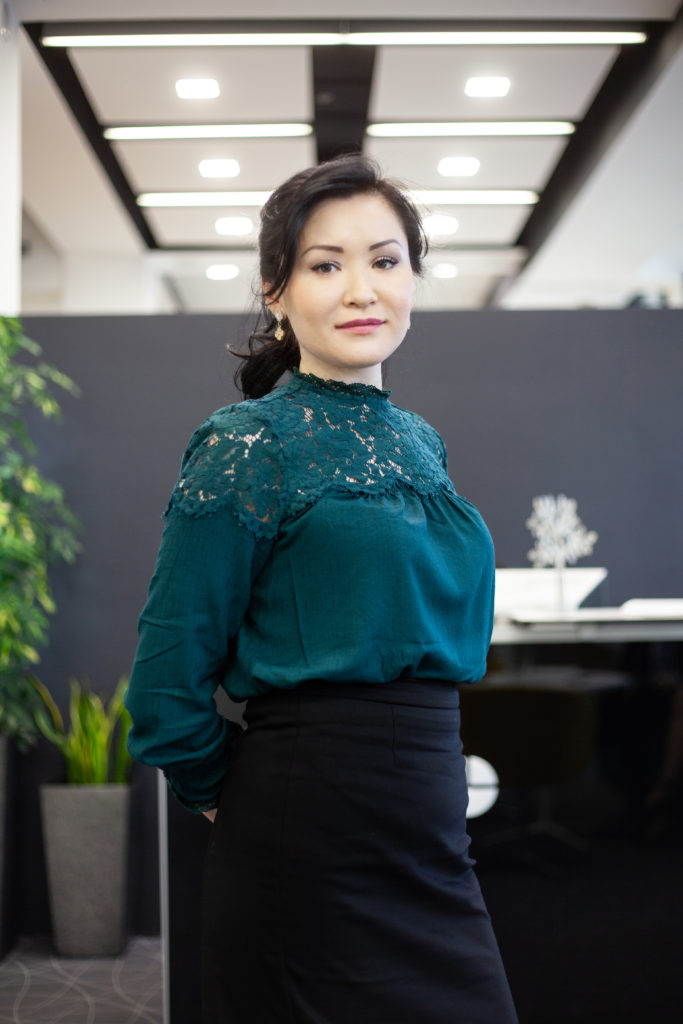Today Kazakhstan is running the election campaign on the eve of the upcoming elections for the Majilis of the Parliament of Kazakhstan started on Dec. 10. The campaign analysis highlights several important markers of changes in the political culture of the population, as well as the new strategies being used to attract new supporters by the political parties.

The observed changes are a direct consequence of the info-communication revolution processes, which is associated with an increase in the direct participation of the population in politics and a more demanding attitude towards the work of various institutions.
Television debates and new ways of interacting with voters
The Qazaqstan TV channel aired the first televised debates between the representatives of five parties participating in the elections on Dec. 22. In the regions, local TVs have started live broadcasting television debates among deputy candidates for the maslikhat (local representative bodies).
The format of the television debates reflects a change taking place in the development of media consumption, the growing influence of social networks, and shorter attention-spans. Voters prefer bright memorable short theses and slogans adapted to modern media over large texts detailing electoral programs. In this context, TV debates come in line with the spirit of our time, offering voters the main ideas promoted by parties in a short and concise form.
As researchers have pointed out, the population shows greater interest in live debates, which are viewed as a show with competitive bidding elements, as opposed to various campaign trail activities, while television is still one of the main factors motivating political choice.
Also, parties are increasingly mastering the online format, carrying out activities on social networks, on YouTube among others platforms, which can also be explained by the lockdown.
Primaries and growing voter participation
The decision of the Nur Otan party to carry out primaries merits special attention. After having their first preliminary intra-party elections in the history of the country, the party worked to ensure that the election program and electoral platform were in line with the most pressing needs of the citizens.
Due to the active participation of the population, 216 regional pre-election programs were discussed and adopted. More than 17 thousand proposals by citizens were taken into account in those programs.
The primaries also served as a kind of social lift, contributing to the formation of ‘people’s party lists’ from among authoritative leaders with high public support, committed to participating in the development of their region and country. Based on their results, 77 candidates who were selected at the district, city, and regional levels were nominated by the decision of the political council for approval by the party congresses.
Another important point that characterizes the current election campaign is the growing participation of the population and increased interest in the upcoming elections. In this context, parties have to be ready to offer the most in order to win voter’s sympathy.
The increase in participation is also explained by the involvement of public figures with high and intact “reputation capital” and recognition among citizens in these elections. In addition, as noted by the political analyst Eduard Poletayev, despite the fact that elections have long been held according to a proportional voting system, personalities continue to play a significant role, their views and personal qualities attract votes for the political forces they represent.
Requests for social change
The current election campaign’s dominant feature is that it is taking place in the midst of a COVID-19 pandemic, and the resulting deterioration of the economic situation in the country, a decrease in the income of the population, and an increase in unemployment. Because of this, the demand for social changes is at the forefront of voter’s minds.
In this context, almost all parties have upgraded their member lists, and revised their ideological position, with an emphasis on the issues that citizen’s find most pressing.
The author is Aiman Zhussupova, an expert of the Institute of World Economics and Politics (IWEP) under the Nursultan Nazarbayev Foundation.

